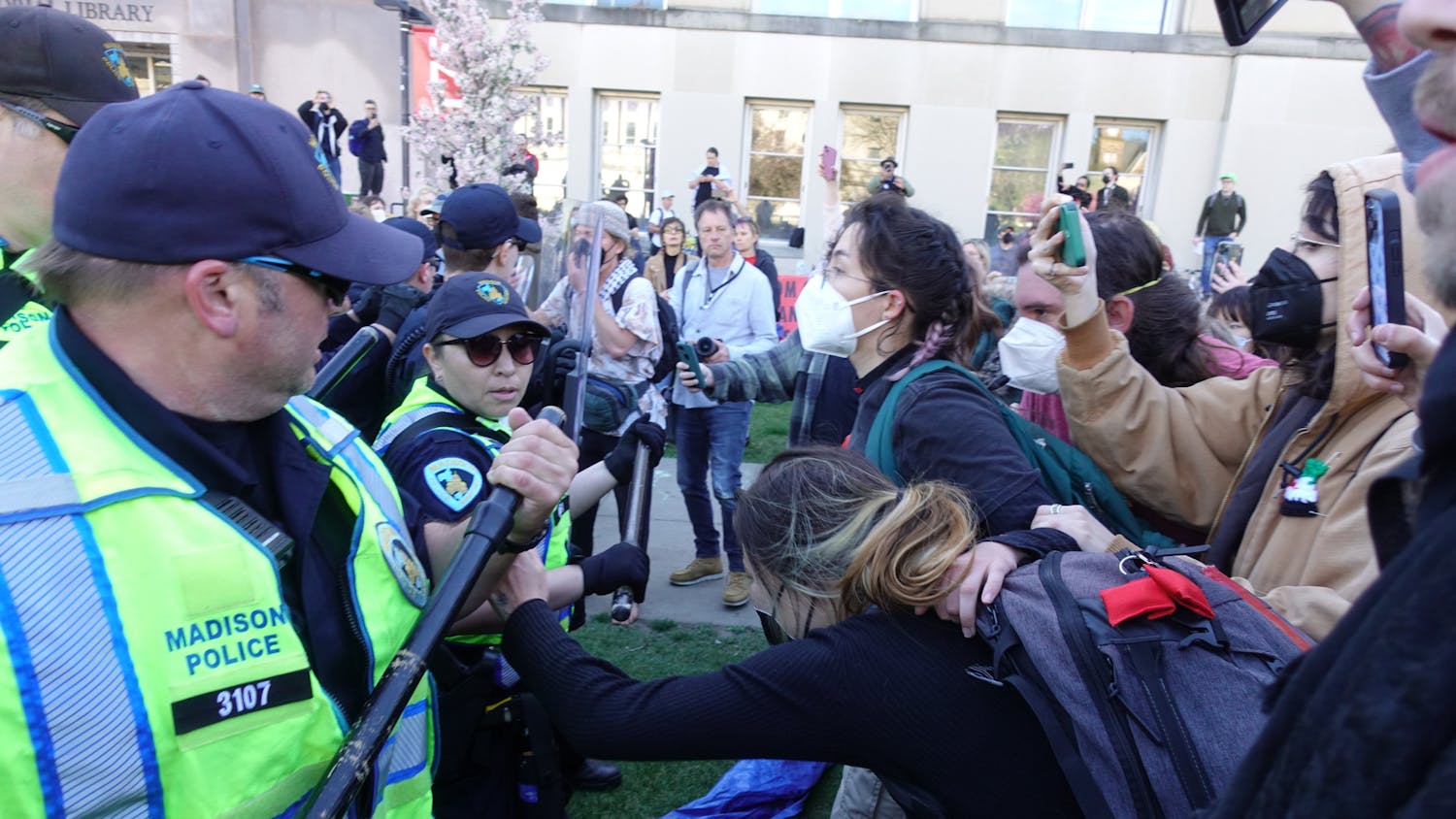Wisconsin needs to do more to reduce recidivism in the criminal justice system—including changing laws to better support former offenders—according to a panel of activists, who spoke Monday night at Grace Episcopal Church.
Panelists included Rev. Joseph Ellwanger, a member of the Milwaukee Transitional Jobs Collaborative, Shanyeill McCloud of Clean Slate Milwaukee, Minister William
The panel was held in light of a state hearing Wednesday in which representatives will meet to examine criminal justice reform in the state. The last time the state’s Legislative Council met to discuss this issue was in 2009. Since then, crime rates in Wisconsin have increased by 12 percent.
Ellwanger spoke of the importance of transitional jobs and the necessity of providing accessible and affordable housing and community support to people coming out of prison. Minister Harrell added that transitional jobs eliminate “some of the barriers facing people coming from prison being reintroduced into society” and help them to obtain the means to acquire “housing, a driver's license, help them pay child support, etc.”
McCloud also stressed the importance of changing Wisconsin's expungement law, which allows
The state must “focus on expungement of criminal records as an effort to remove barriers to housing and higher education and all the other restrictions that come along with having convictions,” McCloud said.
Davis, who was previously incarcerated, offered insight into the issue of crimeless revocation, when the Department of Corrections re-incarcerates previous offenders for violating parole rules. He said this can lead to offenders winding up back behind bars.
Despite the multiple issues presented in the forum, panel members remain hopeful.
“The ideal outcome would be for this legislative study committee to actually decide two or three pieces of legislation that they are going to craft and introduce in the new session in January that will bring reform to our prison system that needs radical reform,” Ellwanger said.





